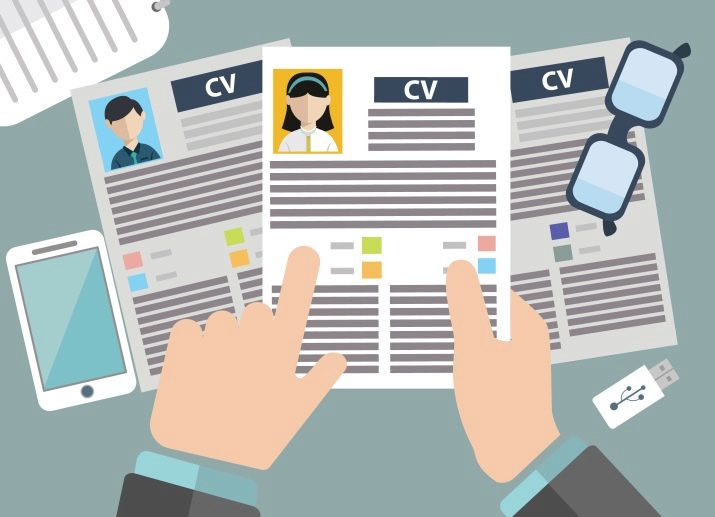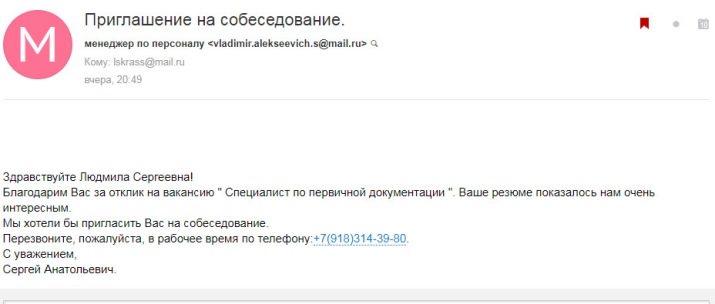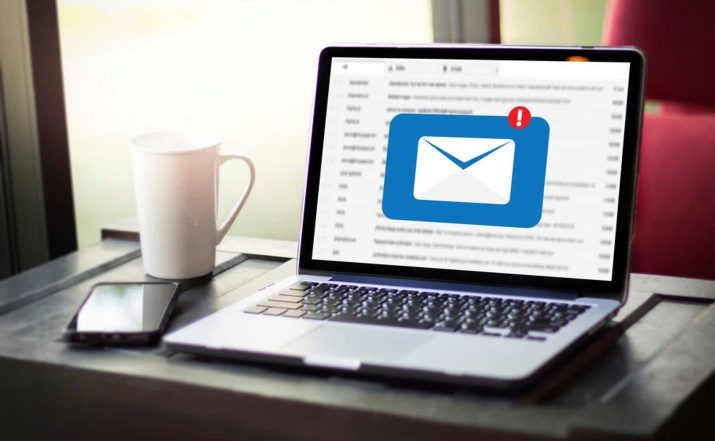How do I send an invitation for an interview?

A vacancy in any firm or company cannot always remain open: it is a temporary concept. Her presence is interrupted either by the finding of a new employee in the place of the previous one, or by the abolition, reorganization of the position in which she periodically appeared and disappeared.
The main ways to invite for an interview
An open vacancy is a constant reminder that the company needs an employee, performer (subordinate or subordinate head of a division, department). Inviting candidates for an interview is the first step towards closing the vacancy created by the previous employee when the previous employee leaves. It is being sent carefully - it tells new future employees about the company sometimes even more than the factual data available about it in the public domain.
Despite the fact that an invitation to an interview has some general principles and unwritten rules, ultimately it must be written in a free form. According to it, the applicant gets the first real impression of the company where he is invited to work. The actor can be either a specialist, a recruiting manager or one of the leaders. In rare cases - even the CEO, owner, founder - when the firm is small and has a single office. The main rule is to clearly communicate your expectations to applicants, without deviating from the rules of business correspondence, establishing important contacts for work.
The invitation can be issued as a written or oral appeal to the applicant chosen by the company.They are selected by selection from the resumes of numerous candidates who have applied for specific vacancies.

By phone
Calling a job seeker on a mobile is the most popular, "live" way to establish business contact with him. When making a call, the person recruiting personnel must:
- introduce yourself - name and surname, company and position;
- ask if it is convenient for him to talk now or is it better to call back;
- provide the address of the office where this candidate is invited;
- indicate the date and time of his expectation and ask if he will be able to arrive at the interview site by the appointed time.
It is necessary to avoid stuttering, words-parasites. It is even better when a company representative does not lisp and lisp. Responsible companies try to prevent such people from recruiting and communicating with clients. However, there are cases when, for example, collection bureaus quite often neglected this rule, putting a person with the above speech problems on the phone. This is an anti-example, abstract from this.
If there are problems with speech on the side of the applicant, he may be offered an alternative position, where he communicates with the clientele in writing, and not orally.

By email
It makes sense to send an e-mail invitation for an interview when the applicant has indicated his email address. A written invitation can be duplicated either just in case, or sent when the waiting period is short, and the applicant missed the call from the waiting company.
In the latter case, e-mail is used when the search for an employee is urgent and urgent. For example, it became known that a previous colleague of the employer had an accident and died. And someone should continue to work for him, since this position is one of the key ones, and being idle will seriously damage the business of the company.

Hastily and legally going through all formal confirmations, urgently announcing a vacancy, the employer will find new candidates overnight. But it will apply tight waiting times and quickly hit in the order of priority that is lined up in a lively daily queue. In addition, many job seekers do not use e-mail very often.
If it is impossible to get through to the desired candidate (if he is still alone, there are no others yet), writing an invitation by e-mail can be a useful step. An invitation letter begins with a greeting and / or addressing the applicant by name and patronymic. The letter contains information about the company, the date, time and address of the meeting. The appeal to the applicant ends with a wish of success in future work. Even when this work is continued not in this company, but outside of it. The representative gives his first and last name and title.

Other options
"Advanced" option - find a job seeker by messenger (Skype, WhatsApp, Telegram, Viber) - and write or call him using packet voice VoIP, even when the subscriber's mobile phone is not available. The fact is that the applicant's messengers can work on another gadget, where there is no SIM card at all, or it does not have a phone number. Then the dialogue will take place not in the form of letters (dry and concise), but in the form of a more “lively” and relaxed business conversation (“question - answer”).
Howbeit, observe business etiquette: you are just future employees. If it is impossible to contact via messengers, the employer will send an SMS message with an appeal to the applicant, which briefly indicates the company and its department (division, branch), desire to meet, address and meeting place, date and time.
Earlier, before the advent of cell phones, a message was "paged" to a pager. If the applicant did not have a home telephone, a regular letter was sent to his residential address on behalf of the authorized respondent.
If the applicant was in another city, but sent an application in his first letter sent to the address of the company of interest to him, a response telegram could also be sent.

How to invite candidates correctly?
The recruiter must be proficient in business communication skills. To clearly agree avoid parasitic words, stuttering... Respond quickly and appropriately to what is happening. Communication skills come with practical experience.
You should not give unnecessary information or compromising information about yourself... But it is not worth deceiving each other when both have specific questions on the topic of conversation. The hidden truth, even if it is unflattering, will still be revealed either at an interview or when the applicant has already become a full-fledged employee of the company. This information may become a reason for refusing to conclude an agreement on the upcoming work or the sudden dismissal of a new employee from his newly acquired job.

Examples of composing letters
It makes more sense to use a template, but not copy it. If requests are processed by the site, it is based on a script that speeds up the processing of letters. A sample of the text, even when it is a standard, it is better to alter it a little, "refresh". As an example - a letter from the MTS company about hiring a new sales assistant in one of the salons.
“Dear Ivan Petrovich!
You have sent a resume for the vacancy of a sales assistant to the store located at the address: Rostov region, Azov, st. Moscow, 23.
Thank you for your time! Based on the results of the selection of candidates, we chose you, as you were the best fit for us. Your knowledge, experience and skills are very important to us. We are interested in fruitful and effective cooperation with you.
We are looking for an employee to fill the vacated place. We invite you to meet with us at the above address. We are waiting for you on Monday, 10/14/2019, at 11:00. If you intend to postpone the meeting, please let us know in one of the following ways:
- by number: 8-918-123-45-67 (recruiting specialist for MTS in Rostov-on-Don);
- by hotline 8-800-333-08-90 (to the operator of the MTS call-center, tell the application ID: 117-568-902);
- by sending us a reply by e-mail: work @ mts. ru.
We hope that we will meet your expectations. We wish you success!
Best regards, Roman Alexandrovich Grevtsev, recruiting specialist,
Rostov branch of the MTS company.
This example shows: put the job seeker's focus on what they want - not what you and your company want. He will be surprised and flattered by this treatment.
Let him know that his interests and expectations play an important role in your future cooperation, common cause.

How should an applicant respond?
The applicant, who has not found another job during this time, answers with his consent to the invitation. But when a job has already been found, he notifies the employer. Be courteous. If you don't show up for a specific reason, try not to break the contact permanently. Subsequently, the employer may call you again if you lose your current job.
Composing a response to an invitation by SMS, e-mail or via messengers is based on the same canons of business correspondence. Respond to the invitation as early as possible. Ideally, when you set up notifications about incoming letters, and the letters themselves are sorted into folders, which makes it easier for you to respond to an employer's request. At the end, thank the other person for their attention.








